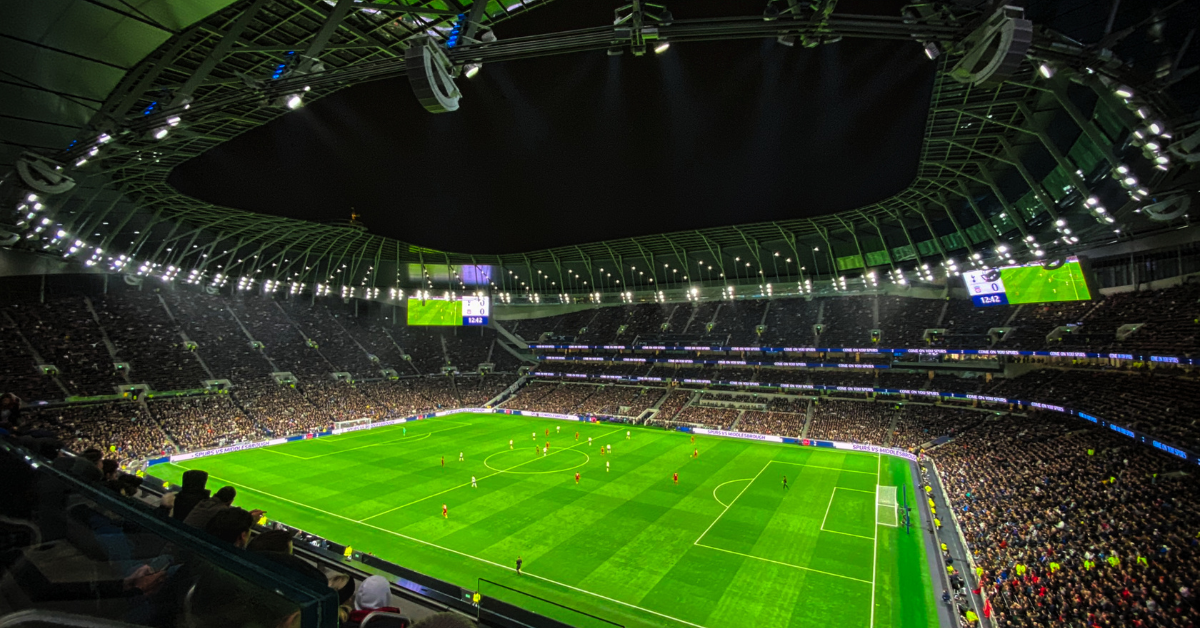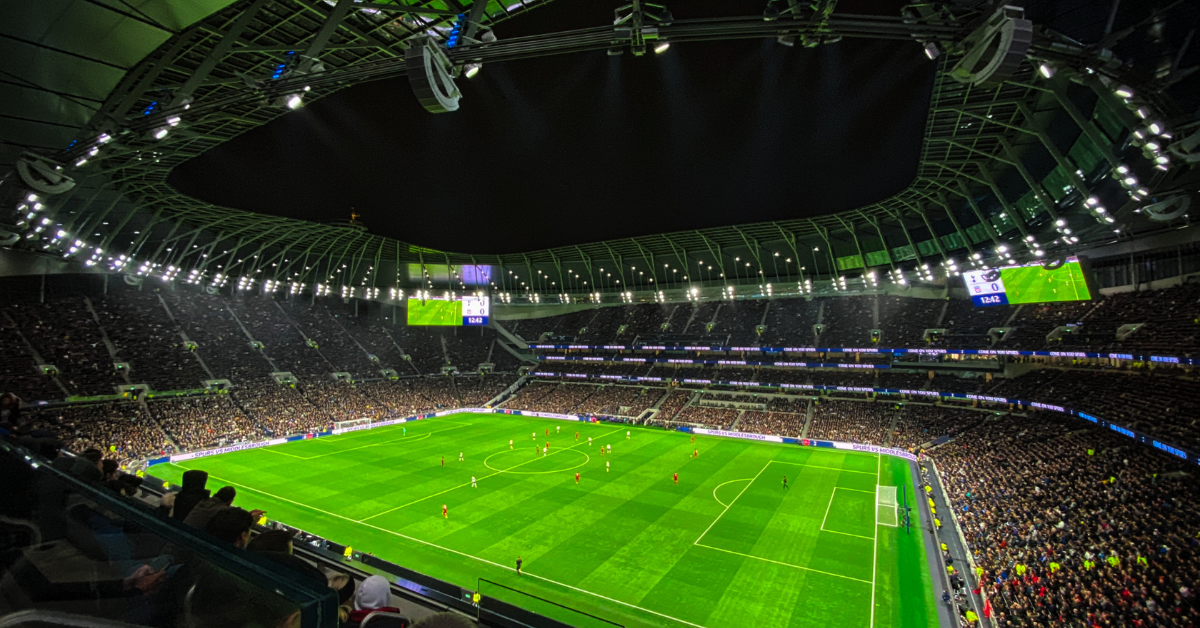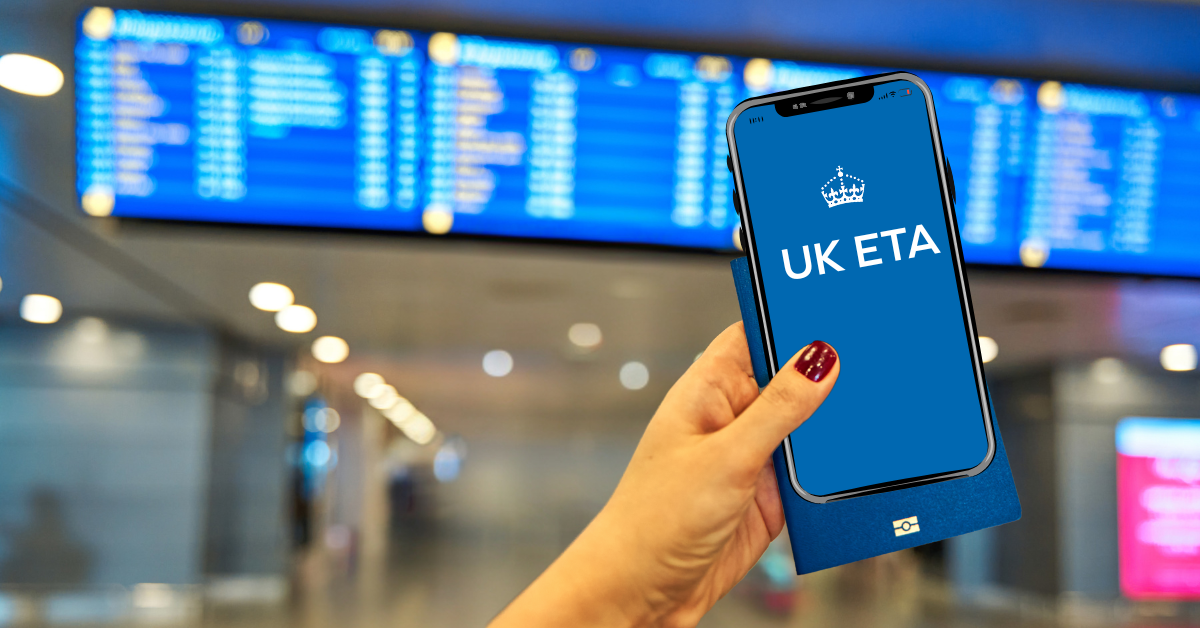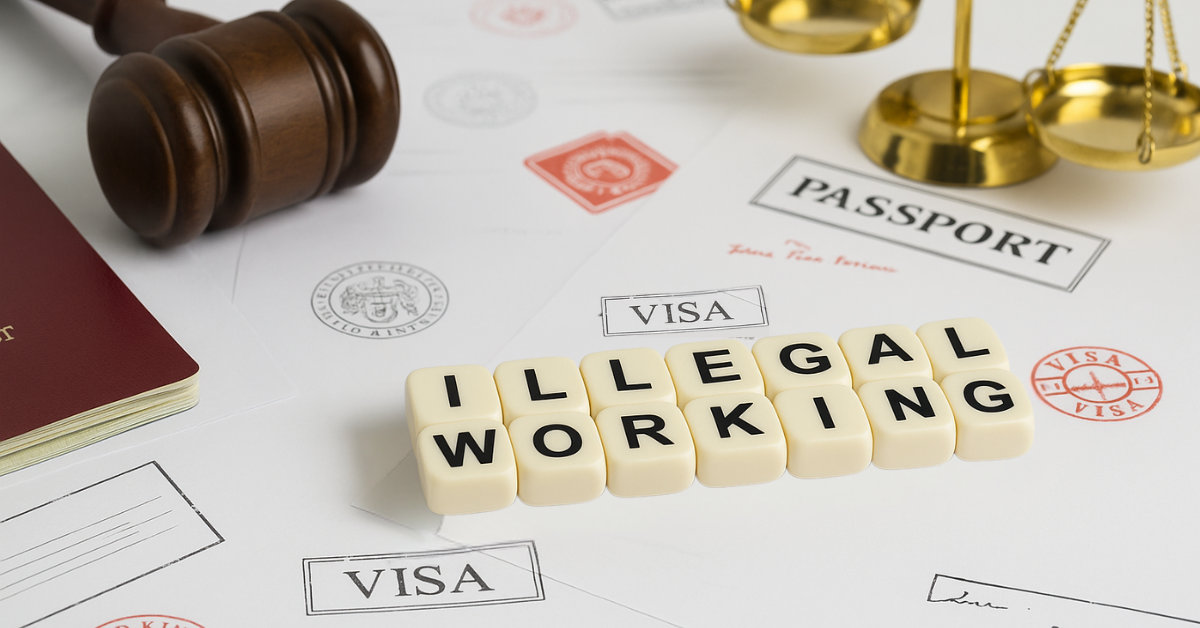
Immigration and the World Cup
As Messi guided Argentina to a poignant success, we reflect on how migration shaped the Qatar World Cup in 2022.

George Hanvere
136 (or 16.3%) of the 832 players in Qatar’s World Cup were foreign-born. This is more than triple of the 5% immigrants who played in the first World Cup in 1930.
If we take those players born in France – only 37% of them played for the French national squad, which is inundated with immigrants and their children. A majority of those born in France played for the African nations: Tunisia, Senegal, Ghana, Cameroon, and Morocco. And three represented Spain, Portugal, and Qatar.
Only 4 countries, Saudi Arabia, South Korea, Argentina, and Brazil at the 2022 World Cup did not have any foreign-born players.
We now look at some of the personal stories of the 2022 World Cup.
Alphonso Davies
Alphonso Davies became the first male to score for Canada at a World Cup which completed a remarkable journey for the Canadian international. Davies was born in a refugee camp in Ghana, to Liberian parents who fled the civil war in their home country. When Alphonso Davies was five, he and his family immigrated to Canada. They lived in Windsor, Ontario, before settling in Edmonton, Alberta.
Davies became a Canadian citizen in 2017 and on the same day he was added to the senior team camp. He made his debut at the age of 16 making him the youngest player ever on Canada’s Men’s National Team.
The camp at which he was born was established by the United Nations’ High Commission for Refugees and he is now a UN ambassador. ‘For me joining the UNHCR was a big moment in my life because I wanted to show not just myself on the podium but that refugees are human beings and, given opportunities, we can be footballers, doctors.
'We’re human beings as well. I feel like people have a negative say when people hear the word refugee. I want to change that to a positive thing.’
Inaki and Nico Williams
Inseparable throughout their lives, Inaki and Nico Williams headed to the 2022 World Cup - but on different teams: with Inaki representing Ghana, the country of his parents’ birth and Nico representing Spain, the country of his (and Inaki’s) birth.
In search of a better life before either of their sons were born, mother Maria and father Felix made the treacherous 4,000-kilometre journey from Ghana to the Spanish enclave of Melilla.
They did some of the journey in the back of a crowded truck, the rest of it by foot, crossing the sands of the Sahara Desert in temperatures of 40 and 50 degrees Celsius.
Maria, meanwhile, was pregnant. They were arrested upon arriving in Melilla but were granted political asylum and travelled to Bilbao, where Inaki was born. The family eventually settled in the nearby city of Pamplona and eight years later Nico was born.
Morocco
Morocco who shocked the world with their run to the semi-final had the highest number of foreign-born players in this year’s World Cup, with 14 players having acquired Moroccan citizenship through ancestral connections. Most notably star player Achraf Hakimi who scored the winning penalty to knock out his country of birth, Spain in the round of 32 with an audacious paneka penalty. Hakimi was born and raised in Spain to Moroccan parents, making him eligible to play for both countries; however, Hakimi chose to represent after not feeling at home in Spanish set up “"It was not for anything in particular, but for what I felt, because it was not what I had at home, which is the Arab culture, being Moroccan. I wanted to be here."
Conclusion
Finally, we could not write an article on the 2022 World Cup without discussing an overarching principle that holding the world Cup in Qatar was a huge mistake. FIFA, soccer’s global governing body, had numerous chances to take a stand for basic human dignities. It didn’t. Awarding this major event to Qatar in 2010 was suspect from the start given that homosexuality is illegal there, women have almost no rights and are subject to a “male guardianship law,” and the nation’s long record of human rights abuses.
Indeed, German players posed with their hands over their mouths for an official photo before a match. “It wasn’t about making a political statement — human rights are non-negotiable,” the team said.
Subscribe for updates

Brexit and football transfers
Not ready to talk? Our free immigration resources may have the answer to your questions
%20Visa%20Update%20New%20Route%20for%20Adult%20Children.png)
Hong Kong BN(O) Visa Update: New Route for Adult Children
%20(1).png)
British Citizenship Application: Requirements & Process (2026)
.png)
A Fairer Pathway to Settlement: UK Earned Settlement Explained

UK ETA Enforcement from 25 February 2026: What Travellers Need to Know

Global Talent Visa: Eligibility, Requirements and Application Process

Border Security, Asylum and Immigration Act 2025 – What Employers Need to Know
.png)
UK Immigration Rule Changes 2025: Visa and Settlement Reforms Explained
%20What%20Sponsors%20Need%20to%20Know%20(1).png)
Upcoming Increase to the Immigration Skills Charge (ISC): What Sponsors Need to Know


